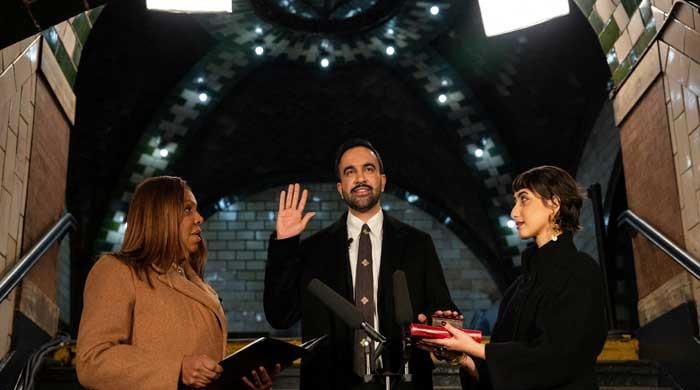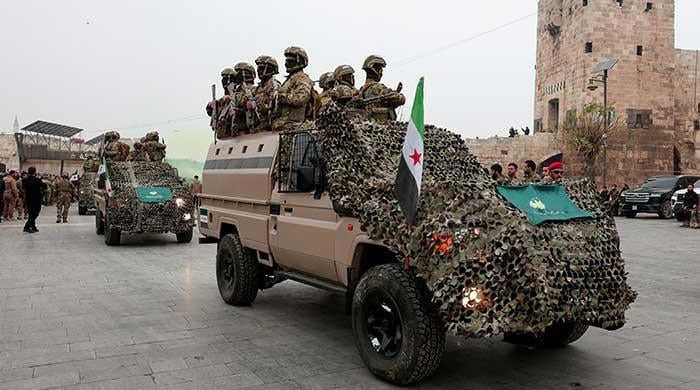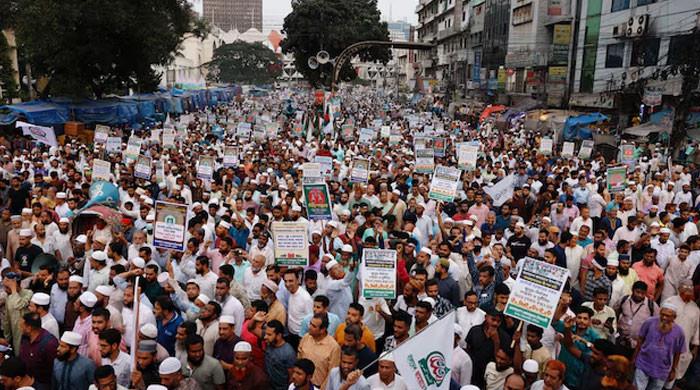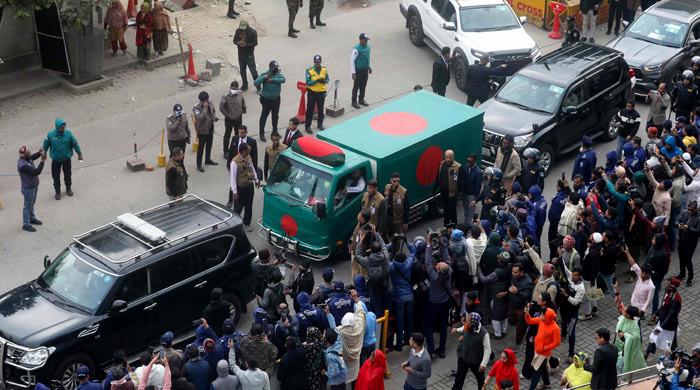Hong Kong Gay Games closing ceremony, a marriage of festivity, fears
Gay Games: Weeklong sporting pageant ends with disco, dancing after defying all odds amid political changes
November 11, 2023
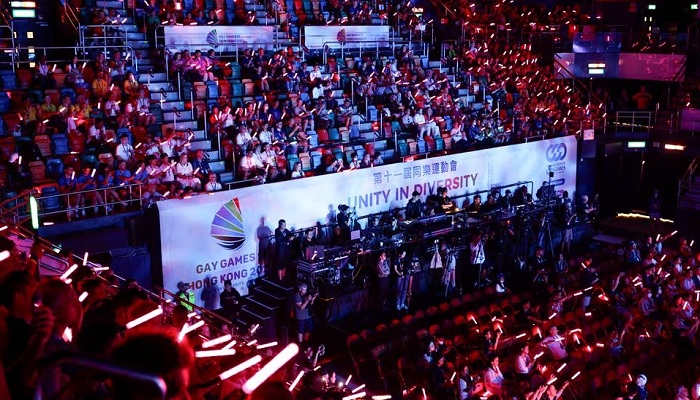
The reverberant and diverse closing ceremony of the Gay Games in Hong Kong on Saturday will mark the end of a spectacular week-long display that showcased a plethora of sports ranging from dragon boat racing to mahjong, BBC reported.
Amidst the revelry, however, organisers can't escape the backdrop of challenges faced by the event, emblematic of its journey from its inception as the "Gay Olympics" in 1980s San Francisco.
This year's celebration of inclusivity and diversity encountered hurdles that were never seen before as it took place in the bustling Hong Kong.
The city's political landscape and cosmopolitan character, once thriving, have weathered the storm of the pandemic and the tightening grip of China's influence over the past few years.
Hong Kong secured the bid to host the games in 2017, boasting its stunning harbour and mountainous backdrop.
However, since the pro-democracy protests of 2019, the political climate has shifted dramatically.
China asserted new powers in the semi-autonomous territory, implementing a sweeping National Security Law to suppress political dissent.
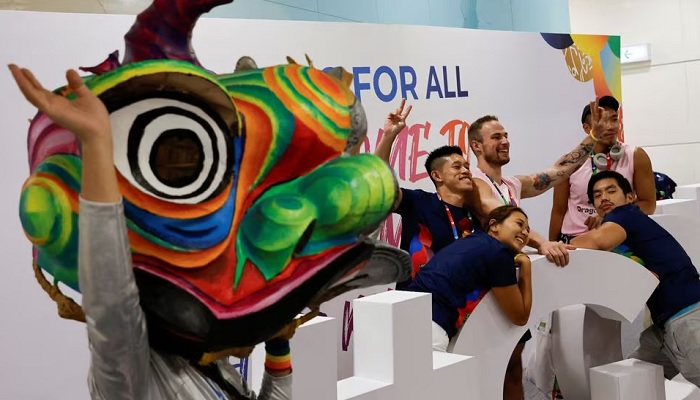
Over the past two years, the Beijing-backed government in Hong Kong has wielded the National Security Law to quash any form of opposition, resulting in the prosecution and imprisonment of approximately 200 individuals.
The city's residents have also observed a crackdown on LGBTQ+ activism reminiscent of mainland China, where the suspension of Shanghai's Pride March in 2021 and reported discrimination against gay university students underscored the challenges faced by the community.
Earlier this year, the closure of Beijing's longstanding LGBTQ+ centre, citing reasons beyond its control, further exemplified the difficulties encountered by the LGBTQ+ community in navigating the changing socio-political landscape.
As the disco lights illuminate the closing ceremony, participants and volunteers reflect on the dichotomy of celebration and concern, encapsulating the journey of the Gay Games in Hong Kong against the backdrop of a city undergoing profound transformations.
According to Games organisers, they have been diligently emphasising that the event is truly apolitical.
"We promote diversity and inclusion through sports, arts and cultural activities. These things are completely legal and consistent with the National Security Law. No objection at all," the co-chairman of the Hong Kong Games, Lisa Lam, told the BBC before the Games' start.
However, like any gathering centred around a minority still facing societal disadvantages, it proves challenging to keep politics from playing out between the ongoing struggle and the festivities.
A local gay rights activist Cammy Kwok told BBC that the limited acknowledgment by organisers of the local gay rights context, including the current challenges faced by the LGBTQ+ community in their quest for marriage and housing rights, has been disappointing.
Nevertheless, Kwok emphasised the significance of any event that celebrates the community, expressing gratitude for these occasions, especially in a climate where such opportunities are becoming increasingly scarce.




